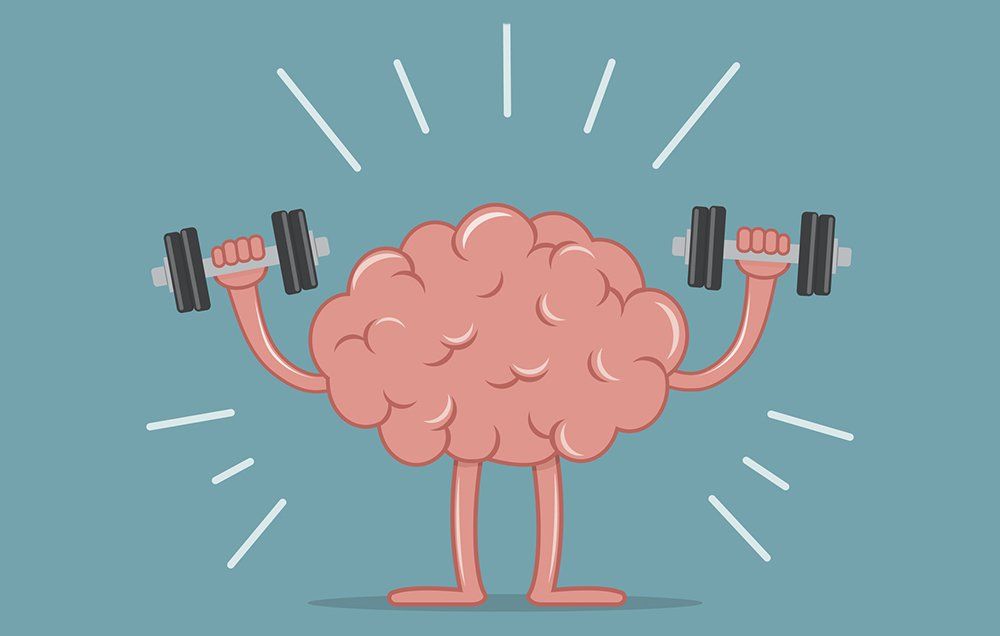In today’s fast-paced world, maintaining optimal brain function is essential for success and overall well-being. While a healthy diet, regular exercise, and quality sleep are the foundation for cognitive health, dietary supplements can provide an extra boost. In this blog post, we will explore the world of dietary supplements that have been shown to enhance brain function. From vitamins and minerals to herbal extracts and nootropics, we will uncover the science behind these supplements and discuss their potential benefits.
I. Omega-3 Fatty Acids
Omega-3 fatty acids, commonly found in fish oil supplements, have gained significant attention for their brain-boosting potential. These essential fats play a crucial role in brain cell structure and function. Studies have shown that omega-3 supplementation can improve cognitive performance, memory, and attention. Additionally, omega-3s have been linked to a reduced risk of age-related cognitive decline and may help alleviate symptoms of depression and anxiety.
II. Vitamin B Complex
The B vitamins, including B6, B9 (folate), and B12, are vital for brain health and function. These vitamins play a key role in the production of neurotransmitters, such as serotonin, dopamine, and norepinephrine, which regulate mood, memory, and cognition. Deficiencies in B vitamins have been associated with cognitive impairment and an increased risk of neurodegenerative disorders. Supplementation with a B complex can help support brain function and promote mental clarity.
III. Ginseng
Ginseng, an herbal supplement derived from the roots of the Panax plant, has been used for centuries in traditional medicine to enhance cognitive function. Ginseng contains bioactive compounds called ginsenosides, which have been shown to improve memory, attention, and mental performance. Additionally, ginseng may offer neuroprotective effects, reducing oxidative stress and inflammation in the brain. However, more research is needed to fully understand its mechanisms of action and potential long-term effects.
IV. Curcumin
Curcumin, the active compound found in turmeric, is a powerful antioxidant and anti-inflammatory agent. Research suggests that curcumin may have neuroprotective properties and can enhance cognitive function. It has been shown to increase brain-derived neurotrophic factor (BDNF), a protein that promotes the growth and survival of brain cells. Moreover, curcumin may help reduce the risk of neurodegenerative diseases such as Alzheimer’s and Parkinson’s. However, its bioavailability is limited, and supplementation with a bioenhanced form or combination with black pepper extract may be necessary to reap its full benefits.
V. Nootropics
Nootropics, also known as smart drugs or cognitive enhancers, are substances that aim to improve cognitive function, memory, creativity, and motivation. They include compounds like caffeine, L-theanine, creatine, and racetams. These substances work by modulating neurotransmitters, increasing blood flow to the brain, or enhancing neuroplasticity. While some nootropics have shown promise in enhancing brain function, it is essential to approach them with caution and consult a healthcare professional before use. The long-term effects and potential interactions with medication are still being studied.
Conclusion
Dietary supplements can be a valuable addition to a healthy lifestyle when it comes to enhancing brain function. Omega-3 fatty acids, B vitamins, ginseng, curcumin, and certain nootropics have shown promise in improving cognitive performance, memory, and mood. However, it is important to note that supplements should not replace a balanced diet, exercise, and quality sleep. Additionally, individual responses to supplements may vary, and it is recommended to consult with a healthcare professional before starting any new regimen. Remember, brain health is a lifelong journey, and a holistic approach is key to unlocking your full cognitive potential.
